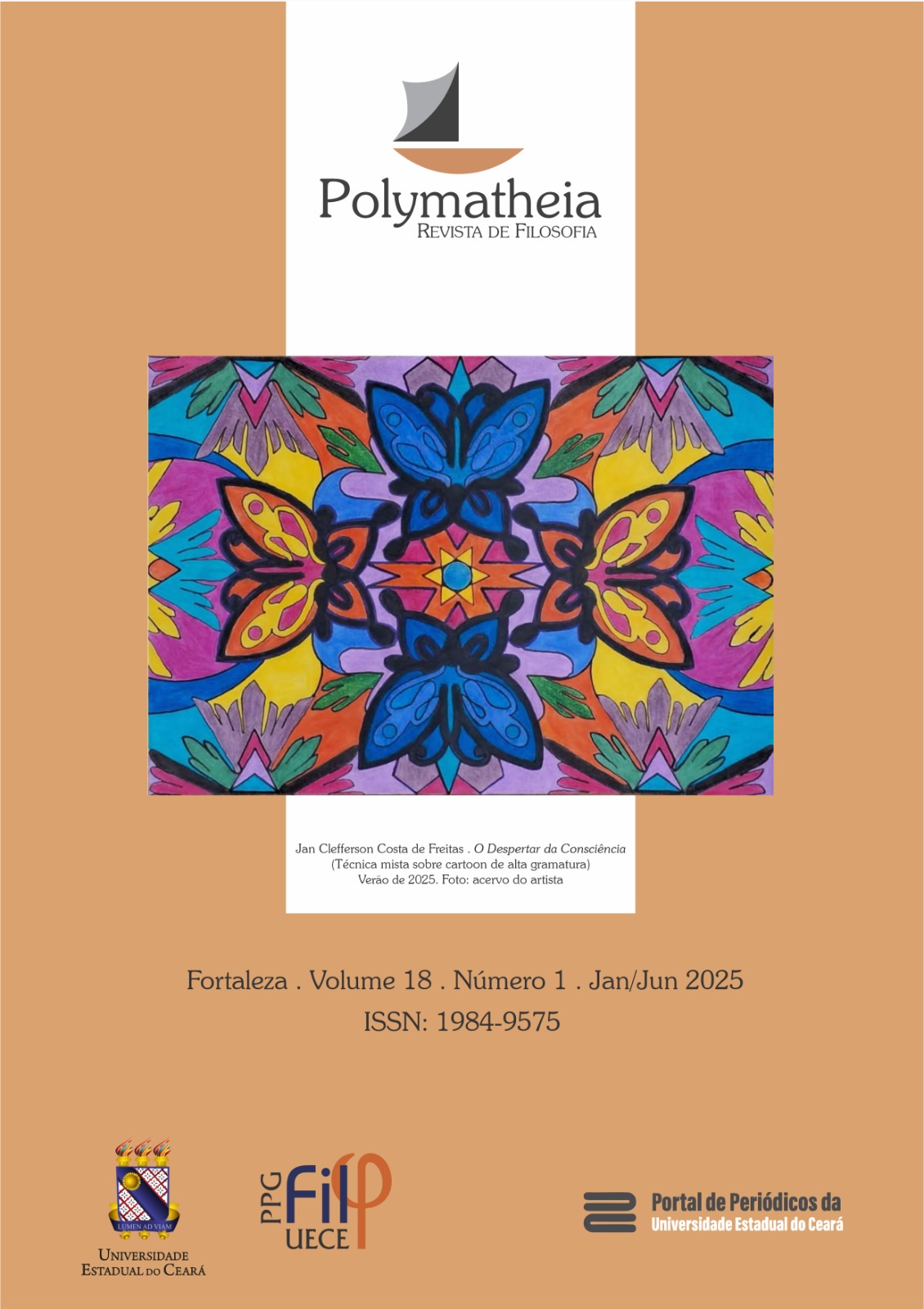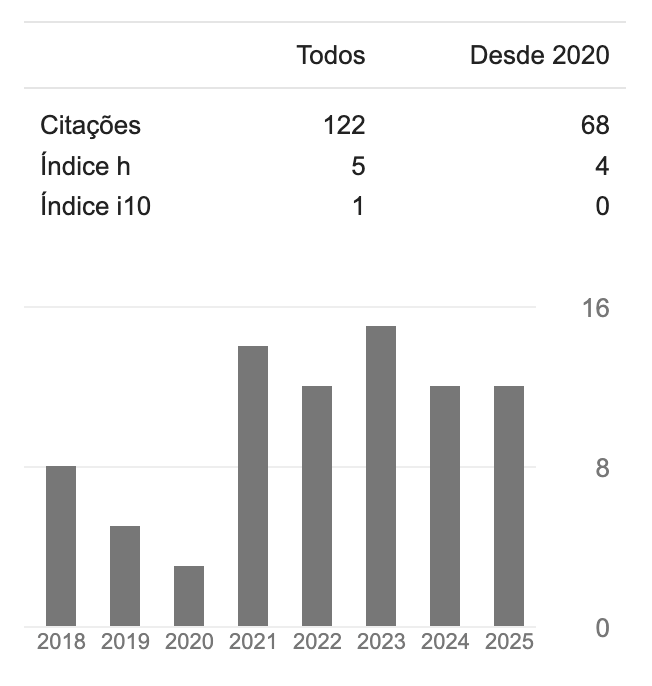The Knowledge Economy and Its Relationship to Politics
DOI:
https://doi.org/10.52521/poly.v18i1.14820Keywords:
Knowledge Economy, Politics, Democratization, Capitalism, E-GovernmentAbstract
The formation of the knowledge economy has become an inevitable trend in the modern world economy. Based on the four main pillars, the knowledge economy significantly affects the political activities of each country. This article analyzes the effects of the knowledge economy on politics, focusing on aspects such as: the democratization process; management and administration methods of the state apparatus; new requirements in protecting independence, sovereignty and maintaining peace; as well as negative impacts that deepen the contradictions in capitalism and create practical conditions for socialism. In addition, the article also mentions the connection between the study of the impact of the knowledge economy and innovation in Vietnam, especially in the field of politics.
Downloads
References
V.I. Lenin. Full episode. Progress Publishing House, Moscow, 1977.
Le Minh Quan. Regarding some major political trends in the world today. National Political Publishing House - The Truth, Hanoi, 2014.
Communist Party of Vietnam. Document of the 12th National Congress. Office of the Party Central Committee, Hanoi, 2016.
Communist Party of Vietnam. Learn some terms in the document of the 12th National Congress. National Political Publishing House - The Truth, Hanoi, 2016.
Dang Huu. Knowledge Economy - Opportunities and challenges for Vietnam's development. National Political Publishing House, Hanoi, 2004.
Drucker, Peter F. The Age of Discontinuity: Guidelines to Our Changing Society. Harper & Row, 1993.
Nonaka, Ikujiro & Takeuchi, Hirotaka. The Knowledge-Creating Company: How Japanese Companies Create the Dynamics of Innovation. Oxford University Press, 1995.
Dahl, Robert A. Polyarchy: Participation and Opposition. Yale University Press, 1971.
Putnam, Robert D. Making Democracy Work: Civic Traditions in Modern Italy. Princeton University Press, 1993.
Stiglitz, Joseph E. Globalization and its Discontents. W.W. Norton & Company, 2002.
Piketty, Thomas. Capital in the Twenty-First Century. Harvard University Press, 2014.
Organisation for Economic Co-operation and Development (OECD). OECD E-Government Studies. Reports, years.
World Bank. Knowledge Economy Index (KEI) Reports. Reports, years.
United Nations. E-Government Survey. Reports, years.
Ministry of Information and Communications of Vietnam. Report on the Development of Information and Communication Technology in Vietnam. Years.
Downloads
Published
How to Cite
Issue
Section
License
Copyright (c) 2025 Xuan Dung Bui

This work is licensed under a Creative Commons Attribution 4.0 International License.











